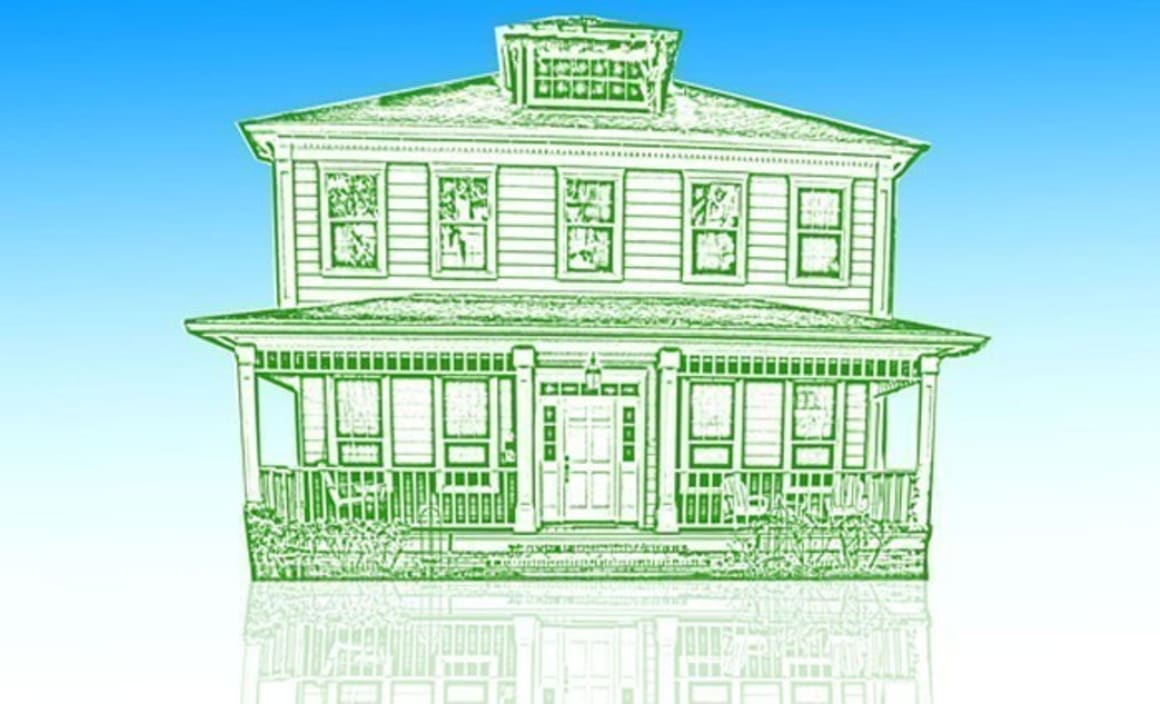Residential buyers failing to see the benefits of going green

Buildings with high Green Star ratings are in demand in the commercial sector, but residential buyers have traditionally failed to see the value in properties with strong sustainability credentials. That’s something Investa Land general manager Victoria Paul O’Brien would like to change.
“Sustainability is a nice word but we are saying let’s get information out to people so they understand what it really is,” O’Brien told Property Observer.
O’Brien believes the residential property development industry has done a poor job of communicating the benefits of sustainable development to consumers.
Investa Land is part of the Investa Property Group, which also has office and funds management divisions.
In the office part of its business, Investa takes office buildings with low Green Star ratings and upgrades them to six star ratings by modifying various characteristics of the building such as design features and energy usage. O’Brien says similar principles can be applied in residential property sector.
Investa Land is working with Simonds Homes at Diggers Rest in Melbourne’s western suburbs to produce a 7-star rated house. The home will be used to demonstrate how sustainable principles can be applied to benefit home buyers through energy savings and minimising water usage.
Consumers will be able to see how much the additions would cost and what the payback periods would be for these features and initiatives.
O’Brien says the cost of adding sustainable features to one of the homes is typically between $5,000 and $9,000, depending on factors such as the orientation of the house.
He admits that first home buyers with tight budgets are unlikely to buy sustainable homes, but adds that second home buyers will be interested, especially when they learn about the payback periods.
O’Brien expects home owners to be able to recoup the upfront costs within around five or six years.
The costs of solar power installations have halved over the past few years, making it a more viable option, he says. The high price of electricity makes it more attractive for consumers to minimise or avoid power bills where possible.
“We are making sure that we get the costs out to people and that the payback makes sense. I think we have the ability to say you should take this up as an extra cost if you can afford it ... After five years you’re not going to get [an electricity] bill,” O’Brien says.
After the 7-star home has been launched later this year, Investa Land plans to work with a builder to develop an 8-star Green Star rated house. Work is expected to start on the 8-star home in 2015. The aim is that the sustainable features would add little more than $10,000 to the cost of the basic house.
Building products supplier CSR opened 8-star home at Schofields in Western Sydney in November 2012. That property is used as research and development facility by universities, the CSIRO, as well as CSR.
It includes a weather station on the roof and has more than 140 sensors that monitor heat flow, internal temperature and humidity conditions, ground temperature and moisture levels, and energy usage of lighting, heating and cooling equipment.
When selling properties to consumers, O’Brien says it’s not enough for sustainable housing to be efficient, environmentally friendly and cost effective. The homes and estates need to be desirable places to live.
“We are selling [home buyers] the dream that this is a really good place to live. For us, making the land visually attractive upfront helps you sell the estate,” O’Brien says.
Access to transport, jobs, parkland and amenities like schools, football fields, tennis courts and shops all feed into the appeal of an estate. Community factors, decided at a master planning level, also make a big difference to the sustainability of the estate.
Investa Land is partnering with local nurseries near its development at Diggers Rest and has negotiated for residents to get wholesale prices on plants. O’Brien aims to have a community garden up and running at the site in future.
Diggers Rest already receives Class B recycled water from the Sunbury Recycled Water Plant, which can be used to irrigate public and agricultural land, although not in residential homes.
Utility provider, Western Water, is installing infrastructure in preparation for delivering Class A recycled water for purposes such as flushing toilets, watering the garden and washing cars in future.